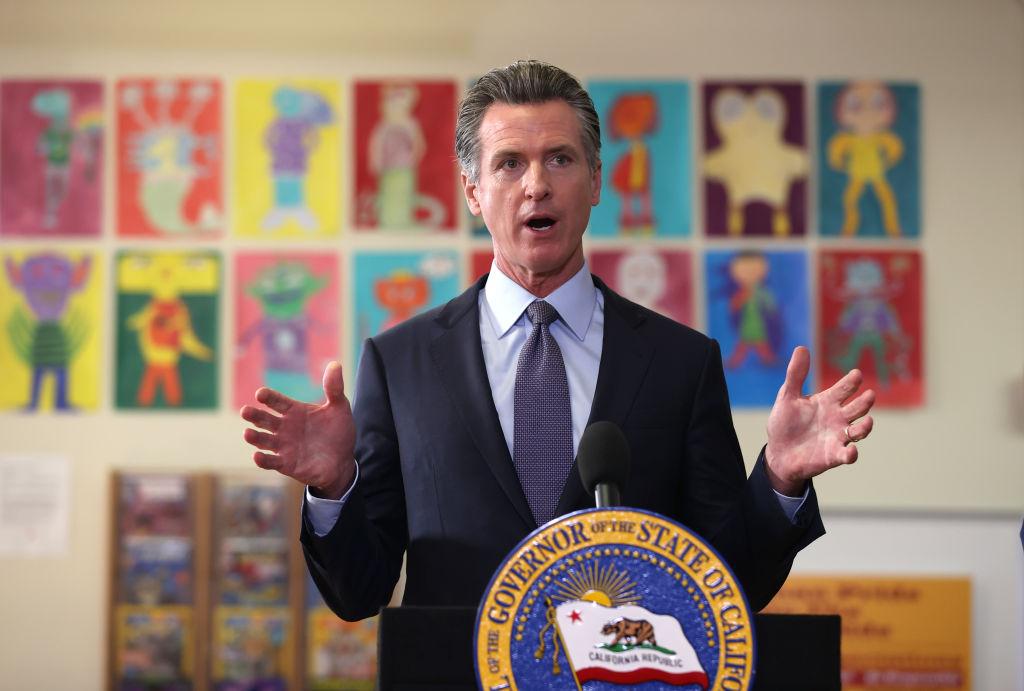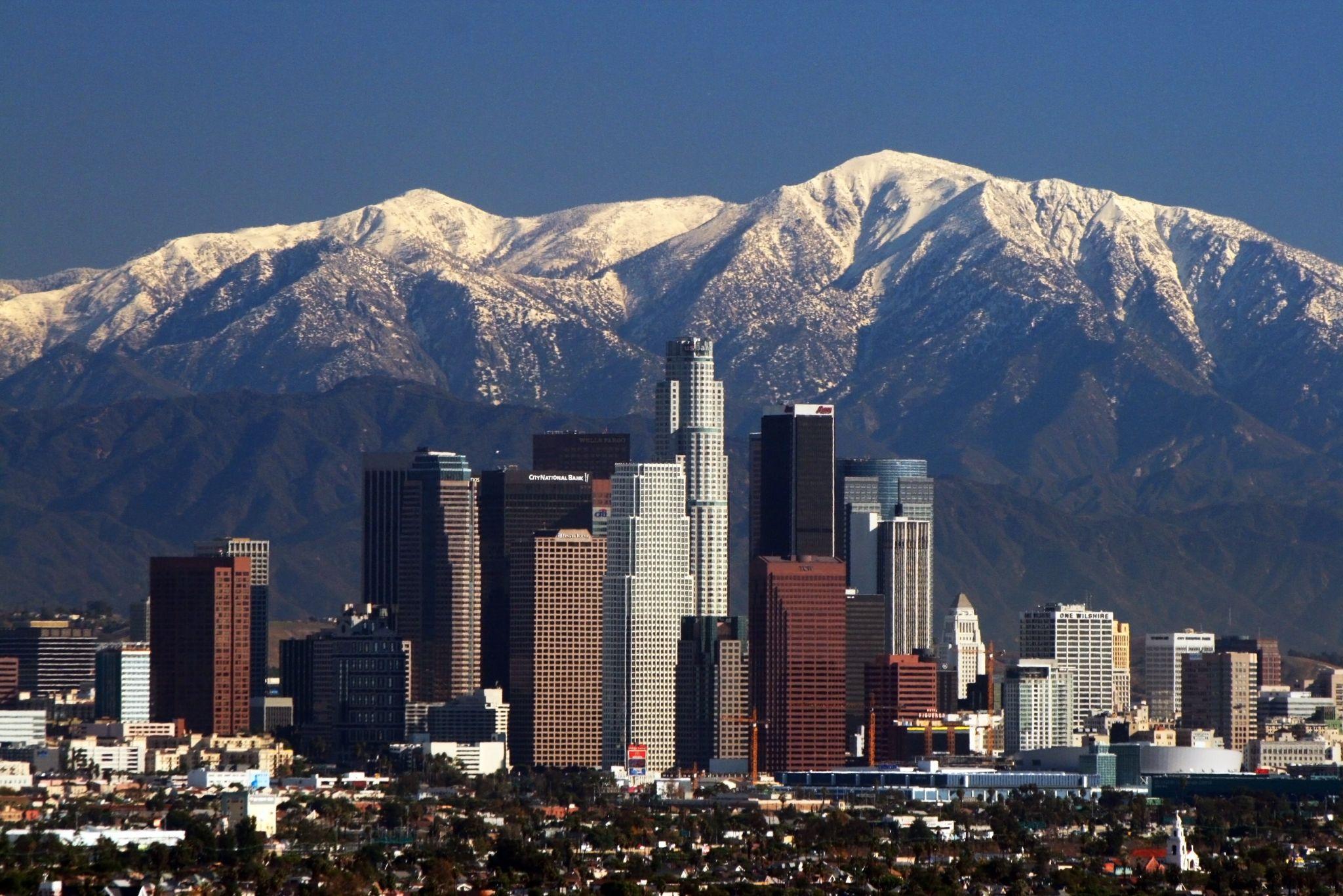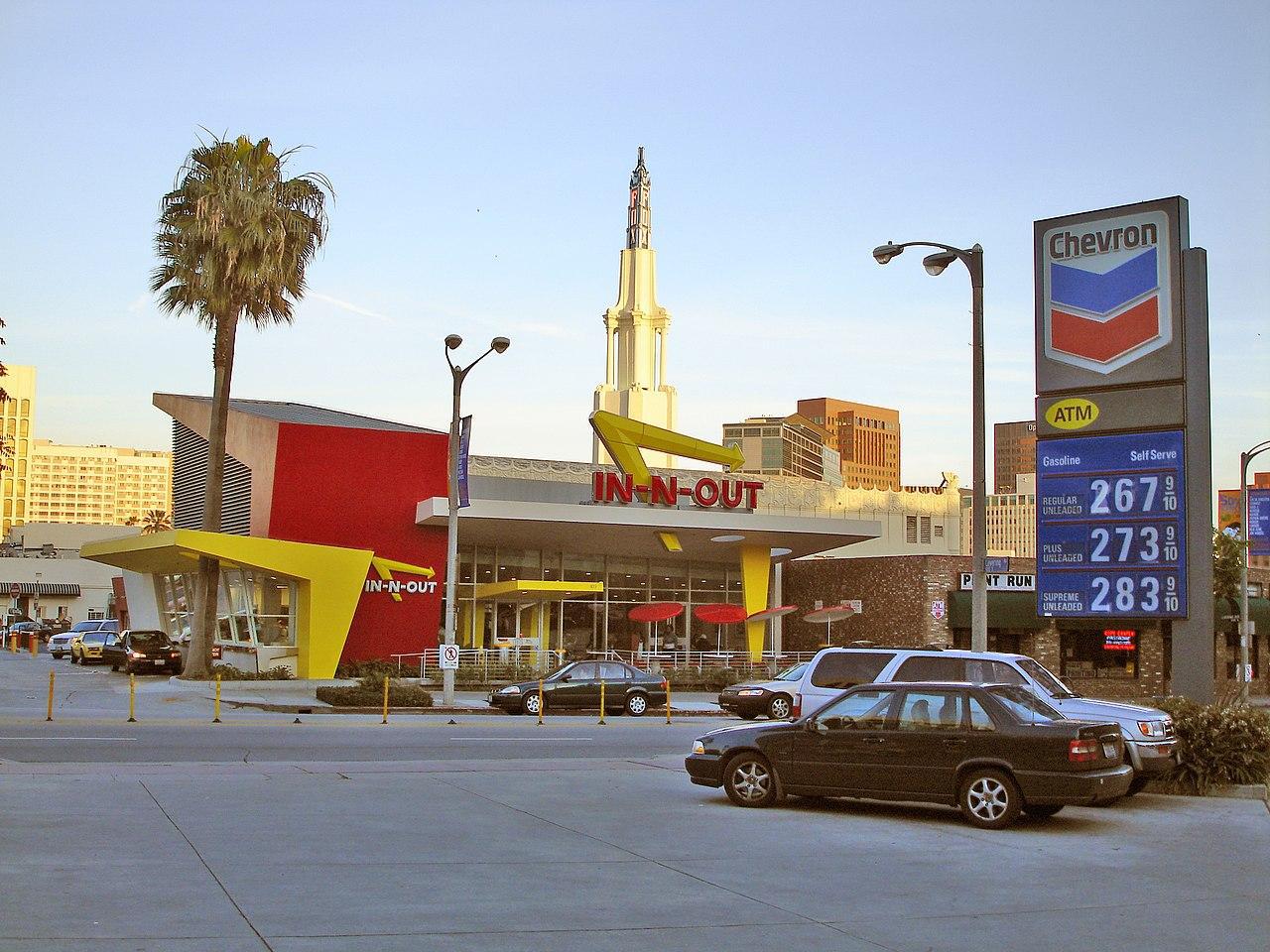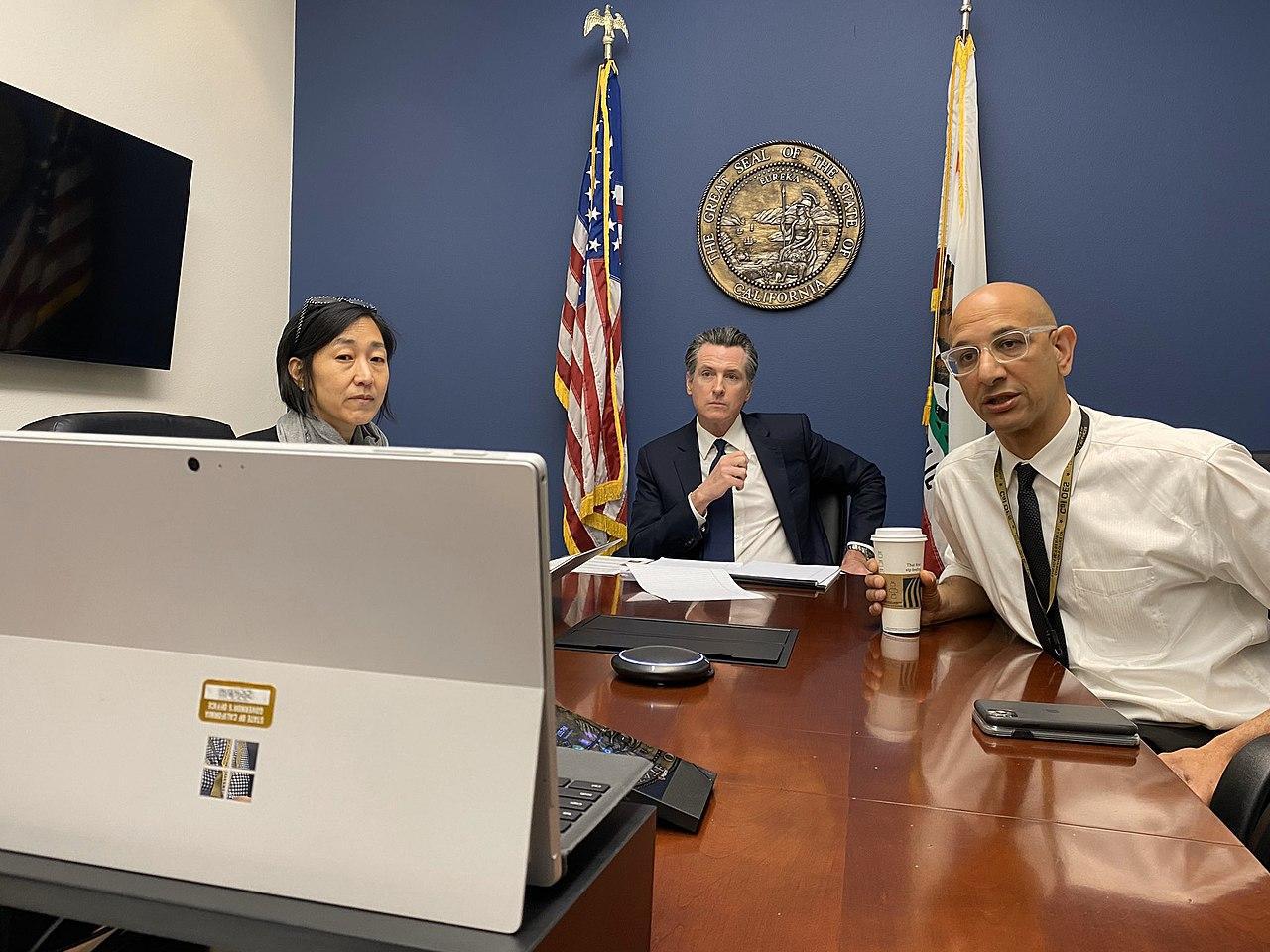Gavin Newsom Continues to Faces Fallout From Minimum Wage Increase
Gavin Newsom’s California continues to grapple with the consequences of his new bill, which increased the minimum wage of many fast food workers to $20 per hour.
The increases were intended to benefit fast-food employees, who are some of the lowest-paid workers in the US. However, experts say the rippling effects of such a drastic increase in hourly payment have had a stark effect on the wider economy.
Newsom’s Law Goes Into Full Effect
California’s new law, which raised the minimum wage of fast food workers to $20 per hour, went into full effect across the Golden State at the beginning of April.

Source: Getty Images
Clearly proud of the new initiative, Newsom has continuously spoken highly of the state’s decision to increase the minimum age of fast food workers. “This is nation-leading,” he said, per Bloomberg. “and I’m proud of that.” Yet, not everyone agrees with the long-serving governor.
California Deserves Better
Not everyone agrees with the decision, and as Bloomberg spoke on behalf of the many people who criticized the bill, Newsom shouldn’t be proud, “California deserves better leadership than this.”

Source: Freepik
Critics say the rollout of the new law hasn’t gone smoothly. However, Bloomberg writes bluntly, “The effort has merged bad policy design, lack of accountability, conflicts of interest, and spectacular political ineptitude.”
Economists Have Split Opinions on the Consequences of Newsom’s Bill
Economists and financial experts from across the state have also shared their opinions on Newsom’s bill’s implications and consequences.

Source: Freepik
Most agree that since its inception, fast food restaurants in the Golden State have experienced numerous problems. Many have been forced to lay off numerous employees to remain profitable amid the current battle with inflation.
Fast Food Restaurants Forced to Raise Prices
Inflation has significantly raised the prices of everyday items needed by fast food restaurants. Unfortunately, this has led to many restaurants now increasing the price of certain menu items.

Source: Wikimedia
This has undoubtedly resulted in significant customer backlash. Ultimately, the wage increase is posing a serious threat to fast food businesses throughout the Golden State.
Newsom Accused of Playing Favorites
Newsom has also been accused of manipulating the new law to better suit some restaurants more than others.

Source: Wikimedia
The new law contains an exemption that benefits restaurants that bake their own bread in-house, such as Panera Bread, owned by Greg Flynn, a donor the Governor claims to have never met.
Governor Faces Accusations of Corruption
According to reports, Flynn has donated over $200,000 to the California governor. Newsom was accused of corruption for specifically detailing the bill to exclude restaurants with bakeries, such as Panera.

Source: Wikimedia
Despite the online comments, Newsom has continued to back his bill and denies any wrongdoing. “This story is absurd,” Alex Stack, a spokesperson for the Governor, said, dismissing the claims.
California Politicians Call Out Newsom
California lawmakers did condemn the exemption, stating that it was unnecessary. According to California Senate leader Brian Jones, “It is unacceptable,” claiming that donations should have no say in legislation.

Source: Freepik
James Gallagher took things one step further by stating, “Someone had to push for it,” suggesting that lobbying may have occurred.
Investigation Into the Exemption
As the circumstances surrounding the extension garnered attention from various politicians and the public, state lawmakers were forced to initiate an investigation to discern whether any wrongdoing had occurred.

Source:
The main goal of the investigation is to determine whether Flynn’s donations influenced Newsom’s decision.
Will the Pay Increase Have a Net Positive Outcome?
The new bill has certainly affected the fast food market, leaving many businesses with no choice but to cut hours and lay off employees. It could also have wider implications for the economy in the long run.

Source: Wikimedia
However, many proponents of the bill have detailed key points that could suggest the wage increase could have a net positive effect when considered as a whole.
Increased Employee Morale
According to those in favor of the bill, increasing hourly pay will undoubtedly lead to better employee satisfaction and morale. It could also improve the overall well-being of employees in the workplace and lower the chances of work-induced stress.

Source: Wikimedia
Overall, the 20% increase in pay for many fast food workers in the Golden State will undoubtedly help their financial situation during this period of extended inflation in the US.
The Bill Going Forward
Nonetheless, customers will unfortunately bear the brunt of Newsom’s new bill going forward, as they will be stuck paying inflated prices at many fast food restaurants.

Source: Freepik
One thing is for sure: this bill is yet another hurdle in the lives of Californians who are beginning to feel like living in the Golden State is just unsustainable, and they may begin to search for a cheaper life somewhere else in the nation.
